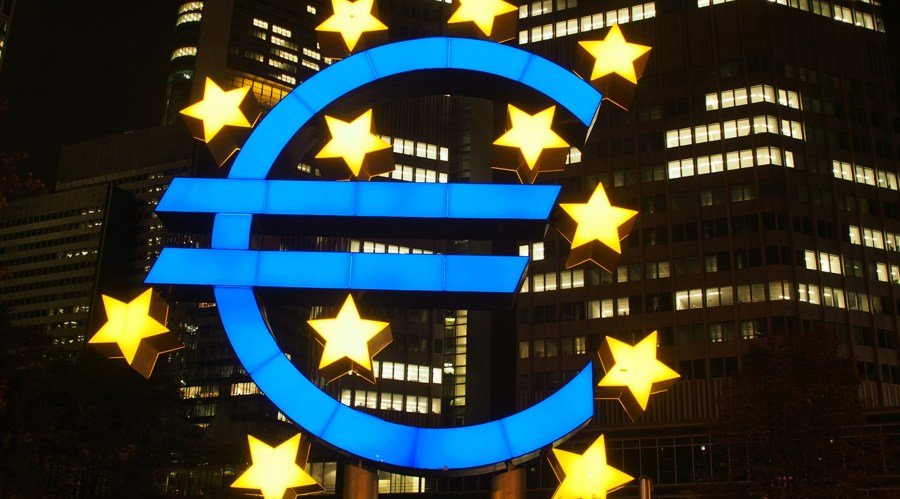Europe’s financial sector is entering a new phase
this week as the EU’s Instant Payments Regulation reaches its final
implementation deadline. From October 9, banks and payment service providers
(PSPs) across the bloc must be able to process and send instant euro payments
around the clock and for virtually any amount.
Join stablecoin builders in London at the fmls25
From Ten Seconds to 24/7 Obligations
The journey began over a decade ago with the SEPA Instant Credit Transfer scheme, which allowed euro transfers in ten
seconds but capped them at €100,000. While it proved the concept of instant
payments, the limit left corporations constrained—especially when handling
payroll, taxes, or supplier payments.
That restriction is now history. Under the new
regulation, banks and PSPs must offer real-time euro transfers up to an
eye-watering theoretical limit of €999,999,999.99. The European Parliament and
Council’s aim is clear: make instant payments the standard, not the exception,
across the bloc.
The regulation’s rollout has been split into two
phases. The first, effective January 9, 2025, required all EU and EEA PSPs to
receive instant payments. The second, due this week, mandates that they must
also send them.
Related: 2 Days to 10 Seconds: Cyprus to Make Online Transfers Instant
Compliance isn’t just about speed. The law demands
parity in pricing with traditional transfers, strict anti-fraud protocols, and
the introduction of Verification of Payee systems. These services alert
users if the recipient’s name doesn’t match the account, a safeguard against
authorized push payment fraud.
Yet, industry insiders warn that the timing couldn’t
be tighter. The European Payments Council only published its directory of VoP
partners in May, leaving many vendors scrambling to test and integrate the
technology.
The Liquidity Tightrope
However, the removal of the €100k ceiling introduces a
new risk—liquidity management. Banks must now operate on a continuous cycle,
ensuring funds are available even at midnight on weekends.
According to the regulator, instant payments remove
the window that banks once had to screen transactions. Fraud teams now have
five seconds to verify a payee before a payment clears.
Under the regulation, PSPs must also conduct daily
sanctions checks to ensure that none of their clients are on restricted lists, a
move designed to maintain security without slowing down transfers.
One of the institutions already complying with the
directives is the Bank of Cyprus. It announced today that it will fully enable
instant euro transfers, allowing customers to send and receive funds across
Europe in just 10 seconds, any time, day or night.
Banks were required to overhaul their internal systems to
meet the regulation’s technical and security standards. These upgrades include
stronger fraud prevention, real-time error detection, and verification tools
designed to protect customers.
This article was written by Jared Kirui at www.financemagnates.com.
Source link

